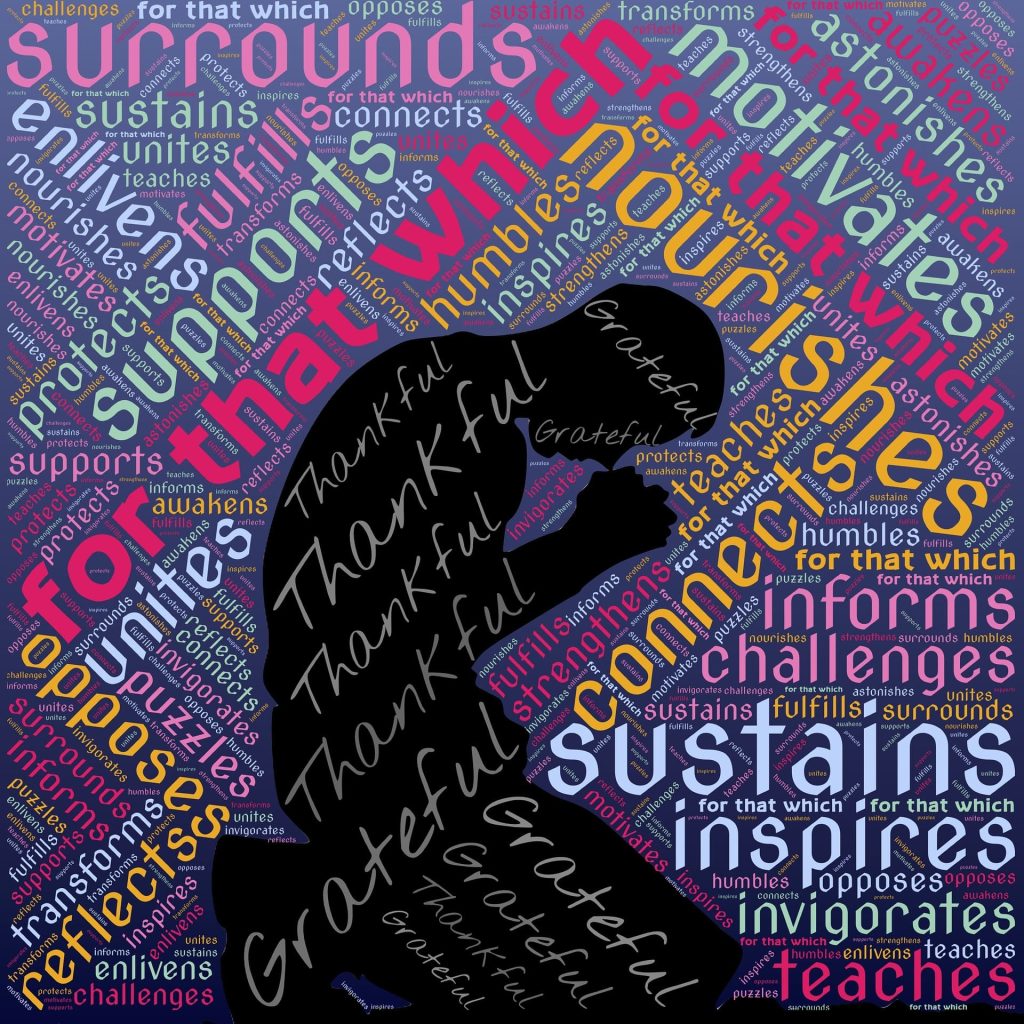How it leads to a fuller life
Humility is a characteristic of the Twelve Step program and touches on each of the twelve steps.
However, if we look at the Twelve Steps as a whole, we see that working the program leads to a new way of perceiving ourselves in the world. We are no longer focused on our addiction or codependency. The escape from this was not a decision made on our own. No one wakes up one morning and says, “It is a beautiful day. I have lots of money in the bank. My spouse and children love and respect me, and we have a good relationship. I have good friends and meaningful work. I think I will stop this insanity and start going to meetings.”
For most of us, the program becomes an escape from a life characterized by pain, fear, frustration, shame, anger, and an attempt to have things our way. The Twelve Steps are a process of de-centring and re-centring our lives.
As we know, self-centeredness in various forms is the root of our problem. The Steps give us a way to get dead centre where our own desires, feelings, and demands are the focal point of our lives.
In living the program with the help of a therapist, sponsor, and fellow members, we continually discover that the less self-centred we become, the fuller our lives are, and the more rewarding recovery is. We find out that others, too, have feelings. We can put ourselves in others’ shoes and establish empathetic and loving relationships.

Re-Centering Ourselves in the Program
The process of re-centring our lives on what we can give to others and how we can share what we have received is indeed a quality of life that can be called humble. It does not mean we are unconcerned about ourselves. In fact, self-care and self-worth are essential aspects of recovery. However, the remarkable thing is that the more we re-centre on other people and their needs, the more we receive. There’s a saying in Alcoholics Anonymous: “You keep what you have by giving it away.”
However, it seems to be true that this re-centering process means we also need to re-center our lives concerning our Higher Power. As we do this, we can let go of others and serve them without trying to control and meet our demands and agendas under the guise of helping. The re-centring of our lives in relationship to our Higher Power gives us new freedom regarding others. Humility helps us maintain the perspective that reminds us we are not God but are free to become fully human beings. In this sense, the program of the Twelve steps leads indirectly to humility.
Humility cannot be bought. Nor can it be directly decided upon. Humility is acquired indirectly through working the Steps and leads to healthy self-acceptance.
The First Step is an admission that the addict’s own decisions and behaviour have caused plenty of chaos and unmanageability in their lives. Any recovery program involves following directions, not exercising self-will. That in itself is a big step toward practising humility for any addict.

Humility Leads to Joy
A Twelve Step program does not belong to a school of spirituality or religion that says, “Are your spiritual muscles flabby? If so, take our special ten-day course and develop those muscles so that you are a spiritual or emotional giant or a very together person, and then you can take credit for it.”
The paradox of growth in working the Steps is that we cannot do it alone, yet no one can do it for us. Working the Twelve steps not only leads to and requires humility, but it also leads to a more profound and more secure sense of self-esteem. It helps in rebuilding broken relationships and establishing new relationships. It is then that the joy in living we have originally sought becomes a reality!
If you or a loved one is struggling with addiction, call Freephone 0800 140 4044

Freephone: 0800 140 4044
Local rate: 0300 330 3040



